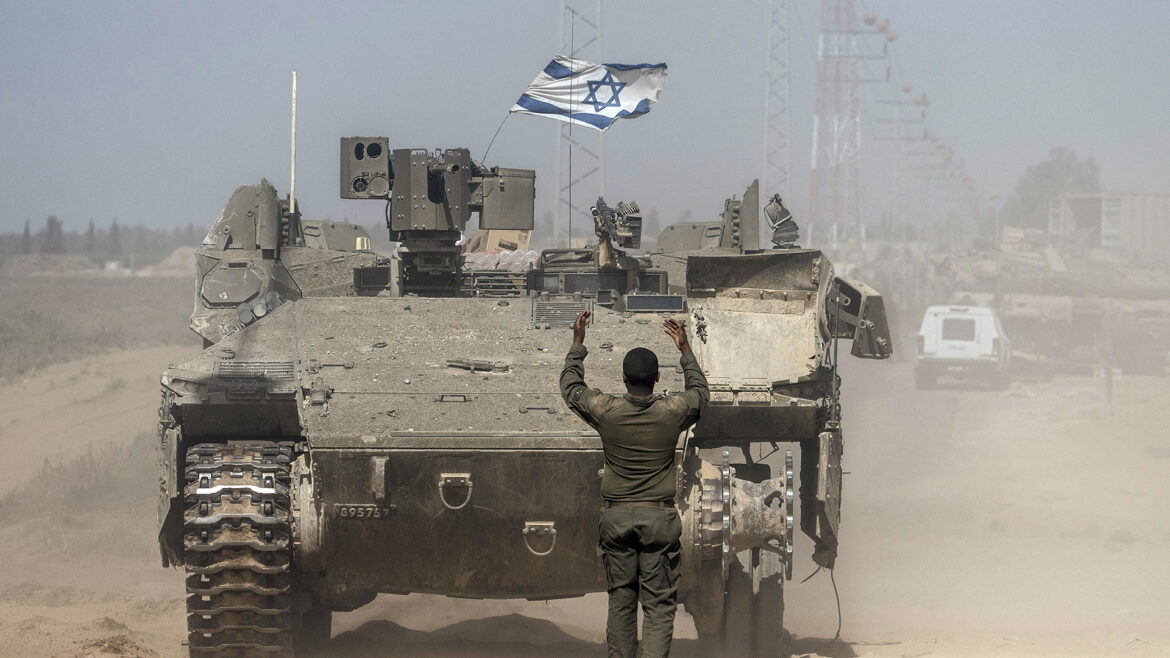The return to settlement in the Gaza Strip is one of the most prominent issues preoccupying Israeli public opinion at the present time, as recent opinion polls showed a clear division on this issue between opponents and supporters, amid fears of the repercussions of this step on the security and political situation in the region, especially in light of the repeated warnings. From security experts.
An opinion poll published by the political program presenter on Israeli Channel 13, Danny Koshmaru, revealed that 51% of Israelis oppose returning to settlement in the Gaza Strip.
On the other hand, the poll showed that 57% of Prime Minister Benjamin Netanyahu’s voters support settlement in the Gaza Strip.
Regarding the assessment of the results of the war in Lebanon, the poll conducted at the end of the first week of the ceasefire showed that about half of the Israelis believe that they have achieved a victory, whether completely or partially.
While 31% believe that neither side won, 16% of the public expressed their dissatisfaction with the results of the war.
Tense situation
In a related context, expert in national security and the northern front, Kobi Marom, warned of the escalation of resistance operations, noting that there are daily attempts to carry out attacks despite the intense security efforts of the Shin Bet and the Israeli army.
Marum added that the current situation is characterized by extreme tension, especially with the continuing crisis of illegal settlement outposts and settler attacks on soldiers and army leaders.
He pointed out that the government ignored the warnings of the Shin Bet chiefs several months ago, calling on Netanyahu to adopt a more rational policy and not allow the right wing to lead the way.
In the same context, Channel 13 military affairs correspondent Orheler confirmed that the recent attack on the Ariel settlement came despite multiple warnings from the Shin Bet and the army, which indicates increasing security challenges in the region.
These reports come in light of the escalation of security tension and the differing positions within Israeli society regarding settlement issues and the results of the recent military confrontations, which places more pressure on the Netanyahu government to deal with these multiple challenges.



